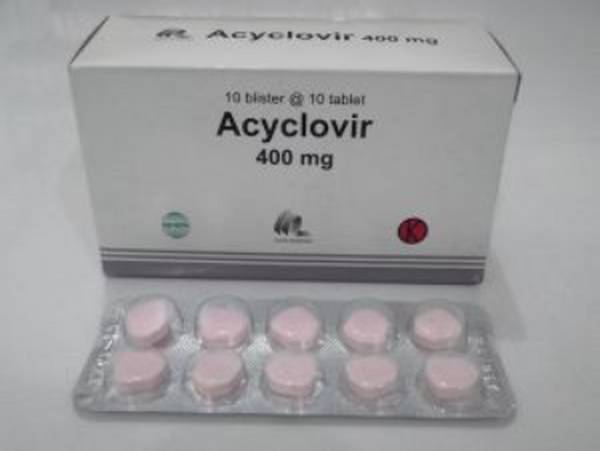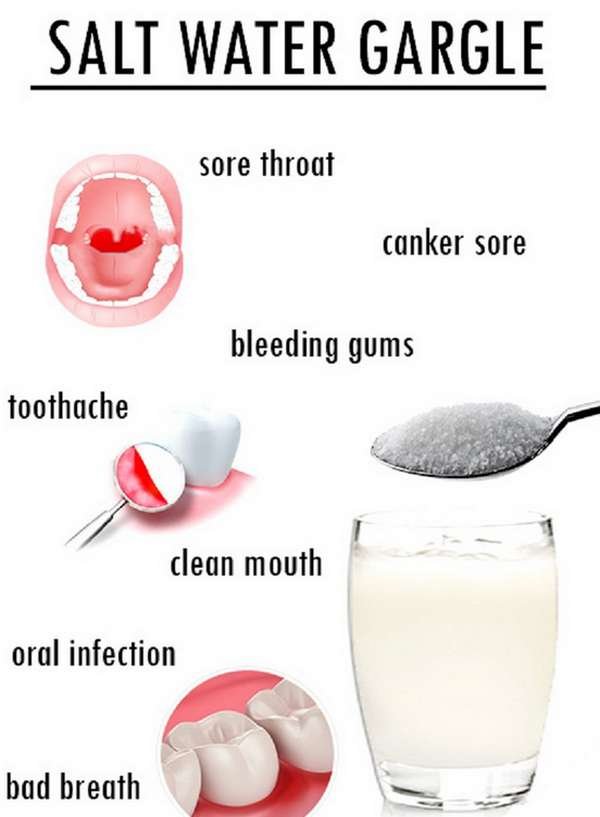Herpes on Tongue
Last reviewed by Dr. Raj MD on January 12th, 2022.
Herpes on the tongue is a type of infection caused by the herpes simplex 1 virus. It affects the entire mouth including the tongue, gums, cheeks, and soft tissues in the mouth. The condition is called oral herpes because it affects the entire mouth. (1, 2)
Herpes on tongue symptoms
- Cold sores on the tongue and between the upper lip and nose, inside of the throat, down the chin and neck, and the inside structure of the nose.
- The tongue and other infected parts of the mouth are itchy and painful.
- Fever
- Muscle ache and bleeding gums
- Easy fatigability
- On the tongue, herpes begins with a tingling and burning sensation followed by blisters.
- After some time, the blisters burst and ulcers are formed. (2, 3)
In some instances, the patient does not have any symptoms (asymptomatic) and it is linked with the nature of herpes itself.
Herpes on Tongue Pictures
Image 1: A herpes on the patient’s tongue.
Picture Source: hellomrdoctor.com
Photo 2: Multiple oral ulcers under the patient’s tongue secondary to herpes infection.
Picture Source: www.researchgate.net
Image 3: A patient with severe ulceration on the tongue secondary to herpes virus.
Picture Source: hsvblog.org
Photo 4: A patient with severe blisters and ulcerations on the tongue secondary to herpes virus.
Picture Source: media.clinicaladvisor.com
Stages of infection
- Initial stage – The virus causing herpes enters the skin and the mucous membrane. In the initial stage, the patient could either experience the symptoms or not.
- Dormancy stage – The virus is in its inactive stage. You are not aware that it is already in your body, especially if it is asymptomatic. However, the virus continues to travel to your spine where it reproduces.
- Reactivation stage – If you are under a great deal of stress (emotional, mental, and physical stress), the virus may reactive causing an outbreak. (2, 3, 4)
Herpes on the tongue typically lasts for ten days. Blisters on the tongue cause discomfort and pain, especially when you eat or talk. If you take extra measures to make the blisters go away, it would take less than 10 days for the blisters to subside.
You need to keep in mind though that even herpes on the tongue subsides, there is still a possibility of recurrence because the virus remains in your body. It is just waiting for the perfect time to reactivate again. (4, 5)
Image 5: Herpes virus type 1 does not only affect the tongue but the lips and the oral cavity as a whole.
Picture Source: images.emedicinehealth.com
What causes herpes on the tongue?
Herpes on the tongue (oral herpes) is caused by herpes simplex virus type 1. It is a DNA virus causing sores in the oral cavity including the tongue, lips, cheeks, and the surrounding soft tissues. (4, 5)
Is it really herpes or something else?
Photo 6: A patient with a cold sore on the tongue.
Picture Source: www.healtreatcure.org
Image 7: A blister on tongue is not always related to herpes virus. It could be caused by other factors.
Picture Source: healthjade.com
Just because you have a blister on your tongue does not necessarily mean that you have herpes. Herpes on the tongue is just one form of stomatitis. The other form is canker sores.
As with the ulceration, it can also be linked to other causes such as accidentally eating too hot foods or beverage, side effects of chemotherapy, and side effects of some types of drugs. (5, 6, 7)
Differentiating herpes on tongue and canker sores
Herpes on the tongue is caused by a virus whereas a canker sore is caused by something else. Reasons are as follows:
- Too much intake of acidic foods
- Too much intake of spicy foods
- Too much intake of highly processed sugar
- Hormone imbalance
- Vitamin deficiency
- Stress
- Rubbing the tongue against hard surfaces such as the teeth (5, 6, 7)
Is herpes on tongue contagious?
Photo 8: Kissing is one way of contracting oral herpes.
Picture Source: media.self.com
Herpes virus is highly contagious. It can be spread through direct contact with the liquid present in the herpes lesion. If you have oral herpes, you should refrain from kissing other people because a simple kiss can transmit the virus to another person.
A contact with intimate items can also spread the infection such as sharing the toothbrush or spoon of an infected person. Herpes on the tongue is not a sexually transmitted disease. Genital herpes is caused by another strain of virus known as the herpes simplex 2 virus. (8, 9)
How to get rid of herpes on the tongue?
A herpes virus is not easy to treat. The truth is that there is no cure for such type of virus until this time. The best thing to do is to prevent the outbreak, manage the symptoms, and prevent the spread of the infection. A variety of management approach is used which include the following:
- Outbreak prevention is a must and one way of doing so is by taking the appropriate antiviral medication.
- You should avoid things that can trigger the outbreak such as too much stress, unhealthy diet, side effects of medications, and temperature extremes.
- It is important to have a strong immune system as it is your body’s way of fighting infection.
- Pay particular attention to your diet. You should eat a healthy and well-balanced meal.
- During an outbreak, make sure you do not touch the open sores to prevent the spread of infection. (8, 9, 10)
Tongue herpes treatment
- Avoid too much intake of foods that can further irritate the tongue such as salty, spicy, and citrusy foods and drinks.
- To alleviate pain and discomfort, an over the counter pain reliever like ibuprofen and acetaminophen can help.
- Another oral herpes treatment at home is gargling with salt water. It soothes the blister and hastens the healing process.
- Try gargling using an antibacterial mouthwash.
- Keep your body hydrated to prevent the blister from cracking and bleeding. If you can’t drink a whole glass of water because of the pain, then you can just take a few sips.
- Taking acyclovir tablet can significantly help stop the reproduction of the virus. (5, 9, 10)

Image 9: Acyclovir is one of the retroviral drugs used to manage oral herpes.
Picture Source: img.tradeindia.com

Photo 10: A salt water gargle is one of the cheapest home remedies for oral herpes.
Picture Source: s-media-cache-ak0.pinimg.com
When should you see your doctor?
If herpes on the tongue has been there for more than ten days and does not seem to go away despite desperate measures, then you should see your doctor.
The more you need to see your doctor if the pain on the tongue is extreme that it interferes with your day to day living. The more you need to see your doctor if you are feeling drowsy, irritable, have dry mouth, and decreased urination.
Herpes on the tongue usually goes away on its own in a few days even without treatment. However, it can be extremely painful that those who have it can’t wait for more than a week to let the blister heal on its own. If you have a low pain threshold or herpes on your tongue takes so much time to heal, the best thing to do is to consult your doctor. (1, 5, 8)
References:
- https://www.authoritydental.org/tongue-herpes
- https://www.webmd.com/a-to-z-guides/oral-herpes#1
- https://www.emedicinehealth.com/oral_herpes/article_em.htm
- http://killherpesvirus.com/herpes-on-tongue-cure/
- http://www.happy-with-herpes.com/herpes-on-your-tongue.html
- https://www.dental-health-advice.com/tongue-herpes.html
- https://hellomrdoctor.com/herpes-on-tongue/
- https://healthyliving.azcentral.com/signs-symptoms-of-oral-herpes-on-the-tongue-12316662.html
- http://oradyne.net/herpes-on-the-tongue/
- http://www.home-remedy-site.com/herpes-tongue.html